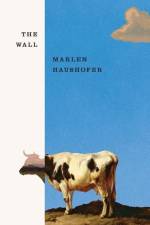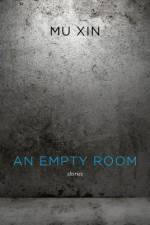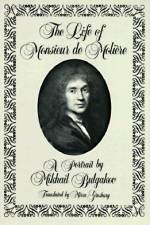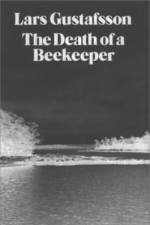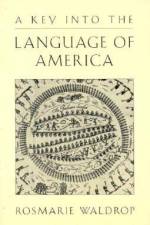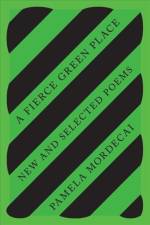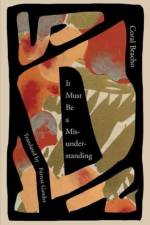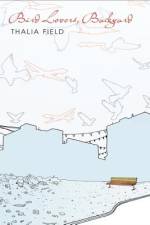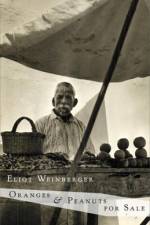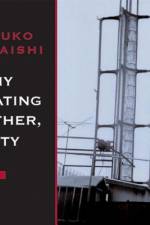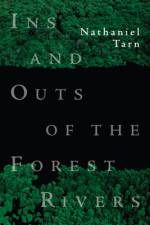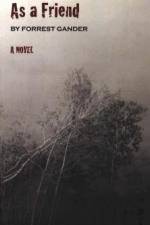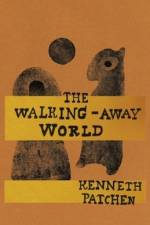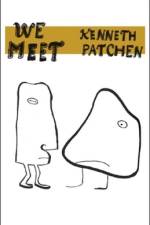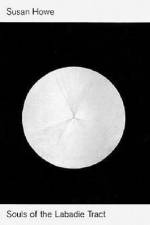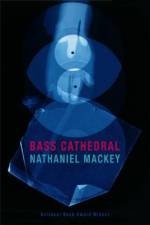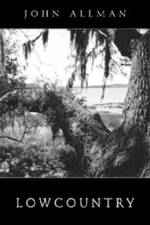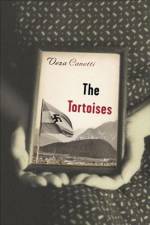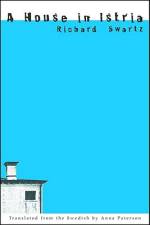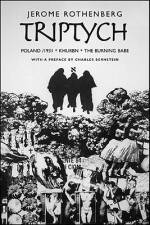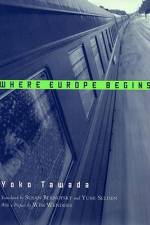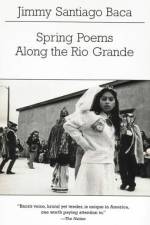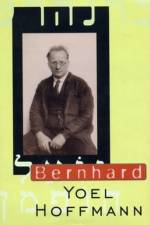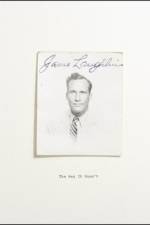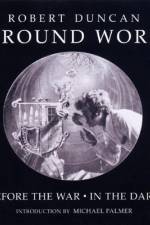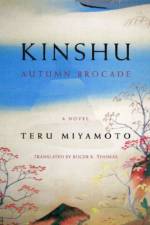av Griselda Jackson Ohannessian
171
An unconventional family idyll set on a gentleman's farm in Pennsylvania in the 1930s, Once: As It Was is a vibrant pastoral memoir that mixes unsentimentality with childhood innocence in a moving story that builds to a spine-tingling confrontation."Of all my far back memories two remain most vivid, as if they had just happened. The first is of an incident that occurred in a few minutes' time; the second, a matter of months. The first happening surely was the key to my survival of the second ." So begins, veiled in mystery, Griselda Ohannessian's delightful childhood memoir about growing up on a farm in Bucks County, Pennsylvania, beneath "the friendly blue bowl" of sky, and the dangerous, preternatural events of the summer of 1939 that changed her life forever.Once: As It Was is narrated through the lens of the author's twelve-year-old self. Her farm-hometoday a golf coursewas a world as enchanting as Narnia, but without the illusion of fantasy: the perfume of locust trees in bloom, orioles patching nests, fairy dinners in ferny woodlands, the Elephant House, orange monkeys, ringing rocks. There is her dear father Bousie ("rhymes with Howsie"), who once dressed up like a crackling crone to buy apples from his daughter's makeshift apple stand, her loving Ma, her two sisters and brother, the Owls (the Cherokee Indian farmhands who were also part of the family), and others. There are the dirt roads that split off from macadam, "muggy river bottom weather," the glow of candles and lamps, her pet lamb Yamie, the bovine troll, and the roosters in action. Ohannessian's writing-memory meanders intently like a bright creek, through her schoolhouse where Margaret Toomer, the writer Jean Toomer's daughter, was one of two black students, through the living presence of books and pen pals, many secret places, a run-in with Professor Einstein, and even a little S. E. X. Then one fateful day a band of writers arrives, led by the poets Laura Riding and Robert Graves .Photographs, letters, newspaper clippings, poems, and a few bars of Morse code provide a lively, natural counterpoint to Ohannessian's moving tale.

